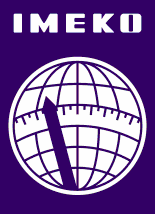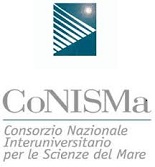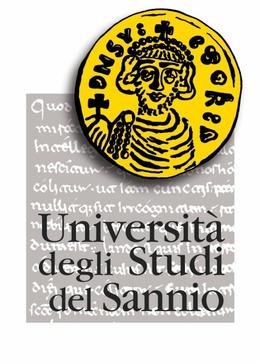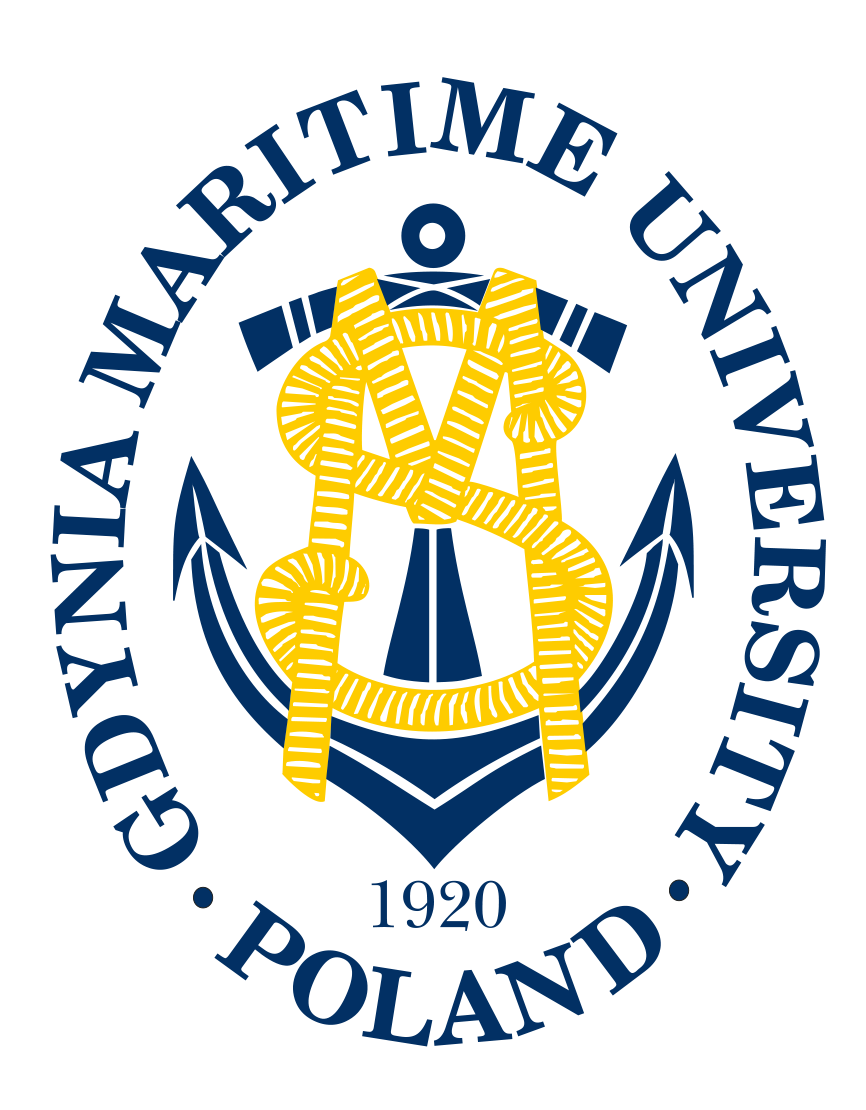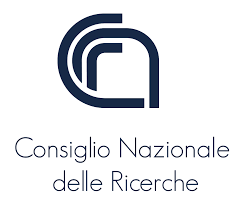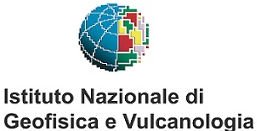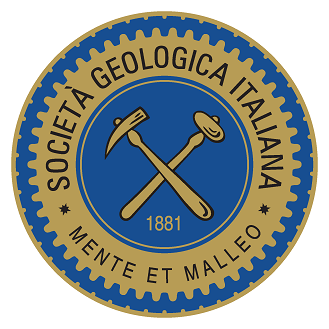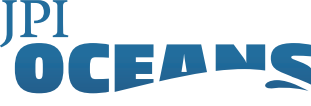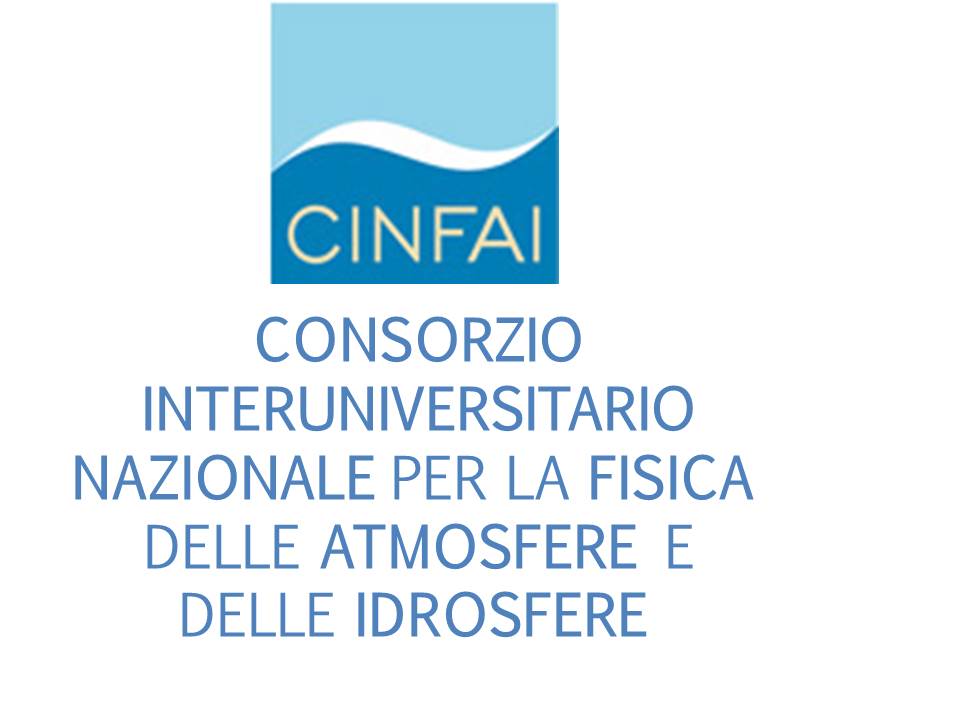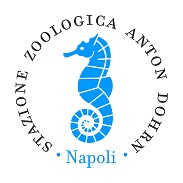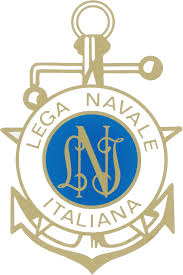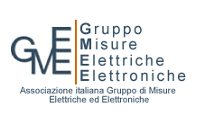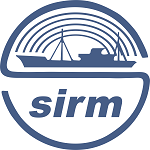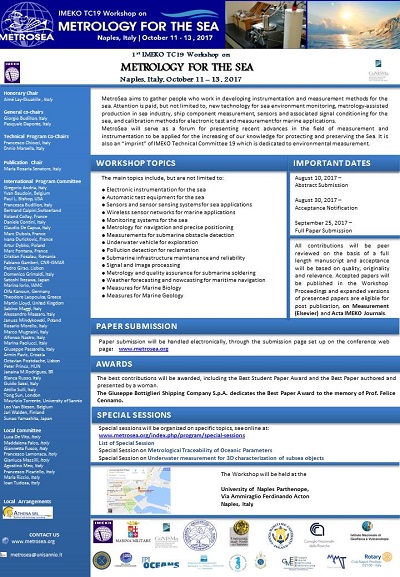SPECIAL SESSION
Autonomous Moving Monitoring Systems in Oceanography
CHAIRS
Dr. Pierre-Marie Poulain, Istituto Nazionale di Oceanografia e di Geofisica Sperimentale - OGS, Italy

Dr. Pierre-Marie Poulain obtained his Ph. D. in Oceanography from the University of California San Diego in 1989. After a postdoc at the University of Miami, he worked as a physical oceanographer for a NATO research laboratory, for the Naval Postgraduate School and finally for an Italian state-funded research institute (OGS). Since his graduate studies Dr. Poulain’s research activities have been focused on the monitoring of ocean circulation and water mass properties using mobile autonomous instruments, such as drifter, profiling floats and gliders. He has published the results on his studies on ocean dynamics in more than 100 research papers in peer-reviewed journals. At OGS, Dr. Poulain is coordinating the drifter and profiling float programs in the Mediterranean and Black Sea in order to guarantee an efficient and sustained observational array based on freely-drifting instruments.Dr. Poulain is an operational partner of the Global Drifter Program since its infancy in the late 1980’s. In 2014, Dr. Poulain was appointed as the Chairman of the Management Committee of the Euro-Argo ERIC, an European research infrastructure and important contributor to the international Argo program.
Prof. Enrico Zambianchi, Università di Napoli Parthenope, Italy
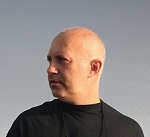
Enrico Zambianchi holds a Laurea in Physics from La Sapienza University of Rome and a PhD in Meteorology and Physical Oceanography from the Rosenstiel School of Marine and Atmospheric Science of the University of Miami, USA. He is full professor of Oceanography at the Parthenope University of Napoli, former Adjunct Professor at the Rosenstiel School, former Adjunct Research Scientist at the Lamont-Doherty Earth Observatory of the Columbia University. Prof.Zambianchi is the coordinator of the international PhD course in Environmental Phenomena and Risks, jointly organized by theParthenope University and the University of the Aegean at Mytilene (Greece). An expert in transport processes in the ocean, he has devoted the most recent years of his scientific career mainly to the integration of Lagrangian and Eulerian observation systems for the description of coastal circulation and transport.
ABSTRACT
Thanks to the advancement of technology, the use of autonomous systems to observe the ocean has widely spread over the last couple of decades. This is witnessed by the great success of the ARGO observation system, which has exceeded its initial target of 3000 floats steadily operating in the world’s ocean and has been extended to marginal basins; by the increasing number of gliders and wavegliders sailing oceans and seas; by the ever increasing effort to sample the surface and near-surface waters with lagrangian instruments. This session targets the community of users of such data, in order to provide an updated view of traditional and innovative utilizations of autonomous instrument measurements, as well as that of developers of new sensors, techniques, concepts, that may improve the usefulness of such practical and relatively less expensive ways to measure the ocean.

